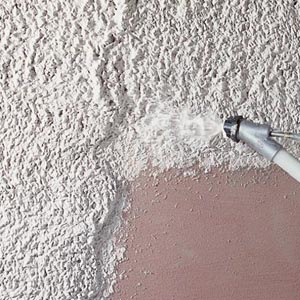You have no items in your shopping cart.
3 Quick Facts about Gypsum Plaster
 Plaster is gypsum, a natural material found in the earth
Plaster is gypsum, a natural material found in the earth
Gypsum, or gypsum cement, as it is sometimes called, was first mined for commercial purposes in France during the 1770's, in the Montmartre section of Paris; hence the name "plaster of Paris". Even then it was not a new material; it has been known to man for thousands of years, for it appears in the statuary of ancient Egypt.
Plaster is not found in a ready-to-use state
Gypsum Plaster must be quarried, crushed, screened pulverized, and then heated, before it is suitable for casting purposes. This the gypsum plaster manufacturer or processor does under closely controlled conditions. The heating process, called "calcining", drives off 3/4 of the plaster's chemically combined water. The residue is then placed in pits and cooled.
This calcining process leaves the plaster in a state of perpetual thirst, which explains its affinity for water. It is this very affinity that is the basis of slip-casting ceramic work the world over.
Gypsum Plaster has Important Properties
After the gypsum plaster has been carefully ground, calcined, and graded, the white powder that remains has certain important properties. One of these is that the plaster is homogenous, which means that, when properly mixed with water and allowed to crystallize, plaster will provide us with a solid that has no grain, no soft or hard spots, no lumps or knots; it is therefore a perfect material for receiving our cutting efforts. Whether we carve plaster by hand, turn it on a lathe, or scrape it with a template, we need not be concerned with irregularities of density that are common to other materials such as wood.
Because gypsum plaster is homogenous, we can also depend on its predictability; for a given type and age of plaster, we can mix batch after batch and know that the resultant casts are consistent in their water-absorbing properties. This property assures consistent quality in ceramic products slip-cast in the moulds.


